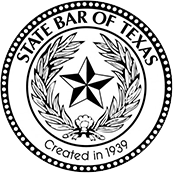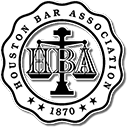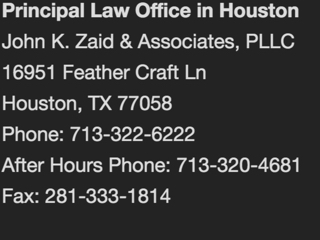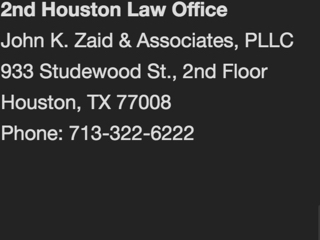Bus Accident Law falls under common carrier law. A common carrier is an individual or business that transports people, goods, or services for a fee, and offers its services to the general public under license or authority provided by a regulatory governmental body. Common carriers can be private companies or public entities. Some other examples of common carriers include school buses, taxis, trains, light rail, trolleys, cable cars, tour boats, cruise ships, ferries, airplanes, airport shuttles, and, in some states, limousines. The Federal government regulates common carriers that transport passengers or cargo across state lines under the Interstate Commerce Act, and individual states regulate travel within a state. Common carriers, such as buses, have a legal responsibility to show a higher duty of care since they offer their services to the public for a fee. While non-commercial drivers must operate with reasonable care, a common carrier must use the highest degree of care and vigilance for the safety of its passengers, and the public. Failure to adhere to that higher duty of care can be considered negligence. If a bus accident is due to the negligence of the carrier; such as speeding, fatigue, maintenance failures, tire failures, or inadequate bus driver training; the carrier is liable for damages for personal injury or wrongful death.
It is important to note that because many common carriers are governmental agencies, there are usually very specific and limited time frames for filing a claim for these types of cases, also known as the statute of limitations. In addition, with governmental entities, there may also be special notices that must be filed within a certain time period before filing a legal claim. Therefore, it is highly recommended that if you or a family member has been injured due to a bus accident, that you consult with a trusted attorney experienced in common carrier law.
Therefore, it is highly recommended that if you or a family member has been injured due to a bus accident, that you consult with John K. Zaid & Associates, PLLC today, or simply stop by our office to set up your free initial case consultation.














